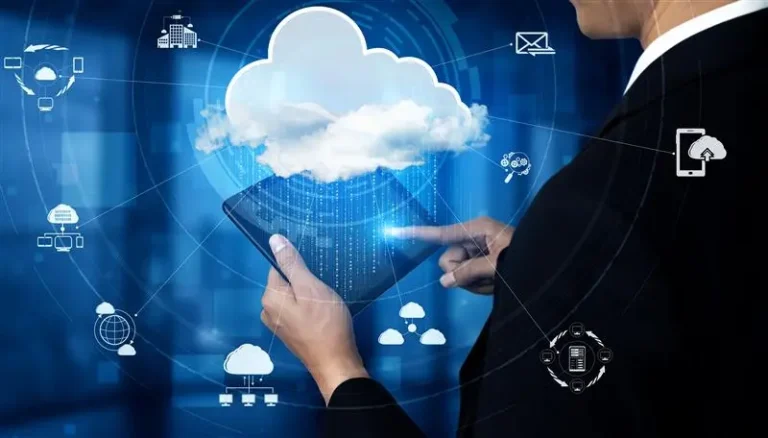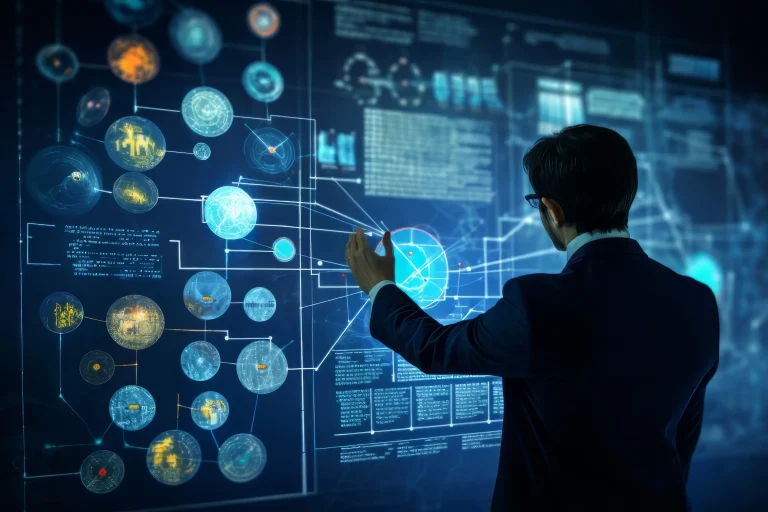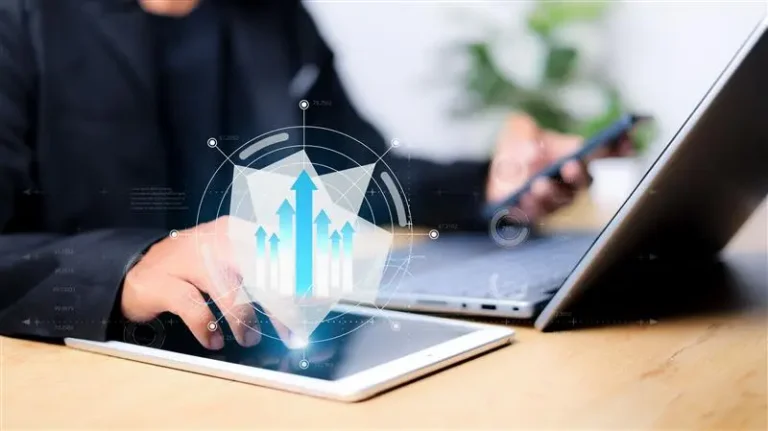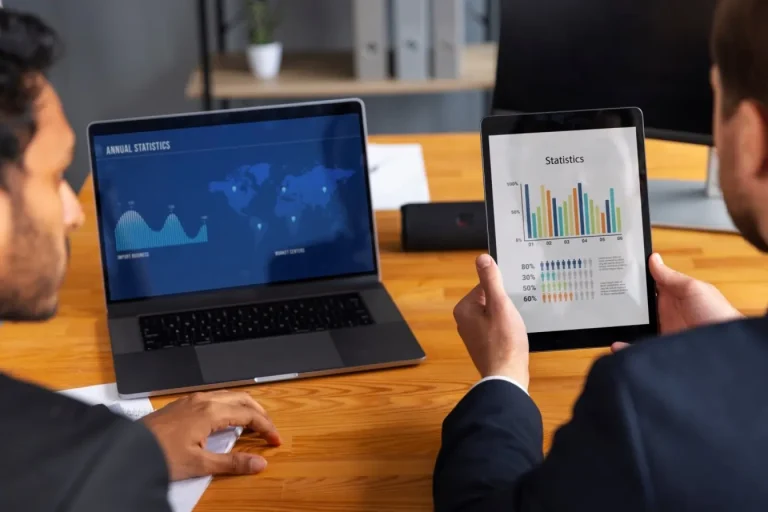Is IoT a Major Future Technology? Trends and Predictions

The Internet of Things (IoT) has rapidly evolved into one of the most transformative technologies of the 21st century. It has revolutionized industries, introduced smart devices into our homes, and paved the way for unprecedented levels of automation and connectivity. For companies like OneData Software Solutions Pvt Ltd, an IoT development company, this technology represents not only the present but the future of digital innovation. As IoT continues to shape the technological landscape, it’s crucial to understand the trends and predictions that make IoT a major future technology.
What is IoT?
At its core, IoT refers to a network of interconnected devices that can collect, share, and analyze data in real-time. These devices ranging from smart home appliances to industrial machinery are equipped with sensors, software, and connectivity capabilities. With IoT software development, businesses can optimize processes, enhance customer experiences, and create more efficient ecosystems.
Why IoT is the Future
- Seamless Connectivity: IoT creates an ecosystem where devices communicate and collaborate autonomously. Whether it’s smart homes or connected cars, this seamless interaction is driving efficiency across multiple sectors.
- Real-Time Data Insights: IoT application development allows businesses to collect real-time data from sensors and devices. This data empowers companies to make informed, data-driven decisions, which can improve operations and reduce costs.
- Automation and Efficiency: IoT facilitates the automation of manual tasks, improving productivity. Industries such as manufacturing, logistics, healthcare, and agriculture are leveraging IoT development to automate processes, enhance safety, and minimize downtime.
Trends Shaping IoT Development
As IoT continues to expand, several trends are defining its future and influencing the work of IoT development companies:
5G and IoT Integration

The roll-out of 5G networks is expected to revolutionize IoT. With faster data transfer speeds and lower latency, IoT devices will be able to communicate in real-time, improving applications such as smart cities, autonomous vehicles, and industrial IoT systems. For IoT application development, 5G will enable the creation of more responsive and powerful solutions.
Edge Computing and IoT
Edge computing is transforming the way IoT systems operate. Instead of sending all data to a central cloud server, edge computing processes data closer to the source. This reduces latency and enables real-time decision-making. IoT software development will increasingly integrate edge computing, especially in industries that rely on instant feedback, such as healthcare, manufacturing, and autonomous transportation.
AI-Powered IoT
The convergence of Artificial Intelligence (AI) with IoT is enabling smarter, more autonomous systems. AI algorithms can analyze large volumes of data collected by IoT devices, helping businesses predict trends, optimize operations, and make autonomous decisions. This combination of AI and IoT software development will lead to advancements in areas such as predictive maintenance, smart retail, and personalized customer experiences.
Industrial IoT (IIoT)
Industries are at the forefront of IoT adoption, creating what is known as the Industrial Internet of Things (IIoT). IIoT focuses on optimizing industrial processes, enhancing safety, and reducing operational costs. With IIoT application development, companies can automate supply chains, monitor equipment health in real-time, and minimize energy consumption. The future will see continued growth in IIoT adoption, particularly in sectors like manufacturing, logistics, and energy.
IoT in Healthcare

The healthcare industry is transforming thanks to IoT. Wearable devices, remote patient monitoring systems, and connected healthcare infrastructure are just a few examples of how IoT is enhancing patient care. IoT application development in healthcare enables real-time health monitoring, predictive analytics for early disease detection, and remote consultations, making healthcare more accessible and efficient.
Security and Privacy in IoT
As more devices become connected, the challenge of ensuring data security and privacy grows. IoT devices are vulnerable to cyber-attacks and protecting them requires robust security frameworks. Blockchain technology is emerging as a solution, offering secure, decentralized networks that can protect IoT data from breaches. Future IoT development will prioritize security, making it a key consideration in IoT software development.
Sustainability and IoT
Sustainability is increasingly becoming a priority for businesses and governments worldwide. IoT is playing a crucial role in supporting sustainability efforts by enabling smart resource management. From optimizing energy consumption in smart grids to reducing water waste in agriculture, IoT development is helping industries minimize their environmental impact.
Predictions for IoT’s Future
With the rapid advancement of IoT technology, its future looks promising. Here are some key predictions:
- Billions of IoT Devices: By 2030, it is estimated that there will be over 30 billion IoT-connected devices. These devices will permeate every sector, from personal wearables to industrial sensors, creating a hyper-connected world.
- AI-Driven Automation: The integration of AI with IoT will continue to grow, leading to smarter, more autonomous systems. IoT application development will focus on creating intelligent systems that can operate independently, reducing the need for human intervention.
- IoT in Smart Cities: IoT development is set to play a major role in the growth of smart cities. From smart traffic management to waste reduction and public safety, IoT will be at the core of making cities more sustainable and livable.
- Enhanced Data Security: As IoT expands, security concerns will drive the development of more robust frameworks to protect data. Blockchain and other decentralized technologies will be increasingly integrated into IoT software development to safeguard user data.
The Role of OneData Software Solutions in IoT Development
As an IoT development company, OneData Software Solutions Pvt Ltd is at the forefront of IoT innovation. With expertise in IoT software development, the company specializes in creating customized solutions that cater to the unique needs of businesses across industries. Whether it’s building IoT applications for smart homes, healthcare systems, or industrial automation, OneData delivers cutting-edge solutions that drive efficiency and growth.
At OneData, our IoT development process focuses on:
- Scalable Solutions: We design IoT platforms that can grow with your business, accommodating more devices and complex systems as needed.
- Data-Driven Insights: We integrate advanced analytics tools to ensure your IoT devices provide actionable insights, helping you make informed decisions.
- Security First: With cybersecurity being a top priority, we implement secure frameworks in every IoT application we develop, ensuring your data is protected.
- Customization: Every business is unique, and so are its IoT needs. We offer tailored IoT software development services to meet your specific requirements.
Conclusion
IoT is undoubtedly a major future technology, with its potential to transform industries and everyday life. The trends in IoT development, from AI integration to smart cities, point to a future where connected devices are ubiquitous, smart, and secure. As a leading IoT development company, OneData Software Solutions Pvt Ltd is committed to driving this technological evolution by delivering innovative IoT application development and IoT software development services that shape the future of connectivity.
The future is connected, and IoT will be at the heart of it.
Table of content










